Dhaka, Jan 15 (V7N) —The Anti-Corruption Commission (ACC) Reform Commission has made recommendations to the government for reducing bureaucratic dependence in the ACC.
In its report submitted to the chief adviser today (15 January), the commission said appointments to ACC should be made from various professions instead of just bureaucrats.
To free the ACC from bureaucracy, it has been recommended to appoint the posts of Secretary, Director General and Director through competition.
"All appointments to the posts of Director General and Director [except for Director General and Director appointed on deputation] shall be made through a competitive and open process through advertisement," reads the commission's report.
The commission observed that most of the Commissioners and Director Generals in the ACC were previously appointed from the administration cadre. A significant portion of the directors are also from this cadre.
Speaking at a press conference at the TIB office this afternoon, the commission's head Dr Iftekharuzzaman said, "We have seen that there is an excess of administration cadres in the top positions of the ACC. We hope that the dependence on bureaucrats will be reduced through reforms."
What recommendations made for ACC reforms
The commission recommended that 60% of the posts of Director General and 75% of the posts of Director shall be reserved for internal candidates of the ACC who meet the advertised eligibility criteria.
The commission also recommended that a maximum of 10% of the posts of Director General, Director and Deputy Director shall be appointed through deputation transfer. However, officers on deputation from the judiciary and law enforcement agencies for the purpose of investigation, prosecution or trial shall not be included in this calculation, it said.
The commission further recommended forming a seven-member selection committee to stop appointments based on political considerations in the ACC.
Other recommendations to strengthen the ACC include:
- Amending the Whistleblower Protection Act
- Making a law to protect corruption whistleblowers
- Disclosure Protection Act is not effective, so it has to be amended
- ACC's failure must also necessitate accountability
- Setting up a disciplinary commission to identify and dismiss corrupt officials
- Continue surveillance through counterintelligence



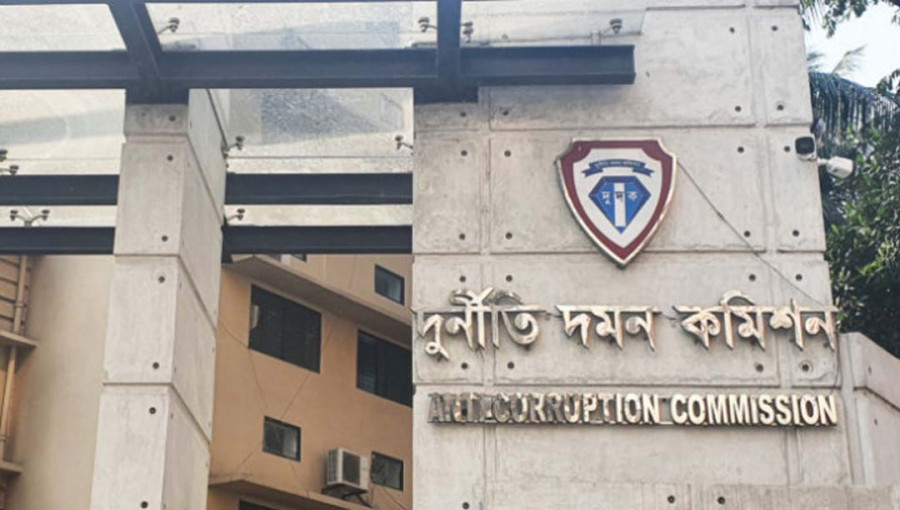






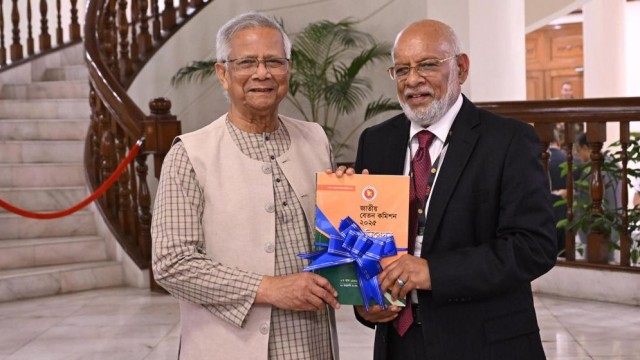



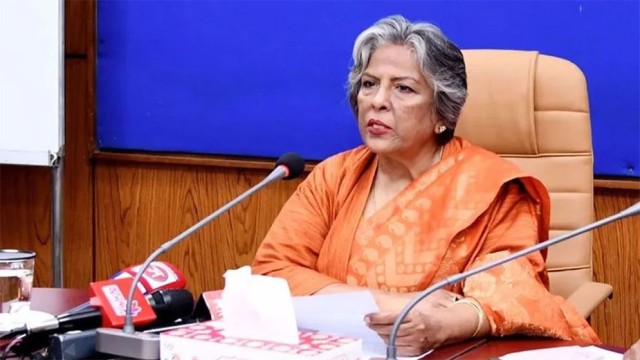
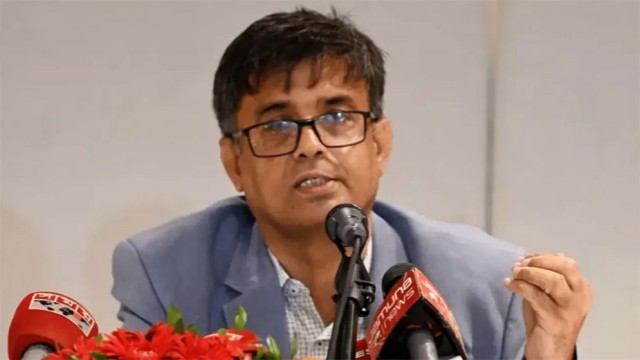

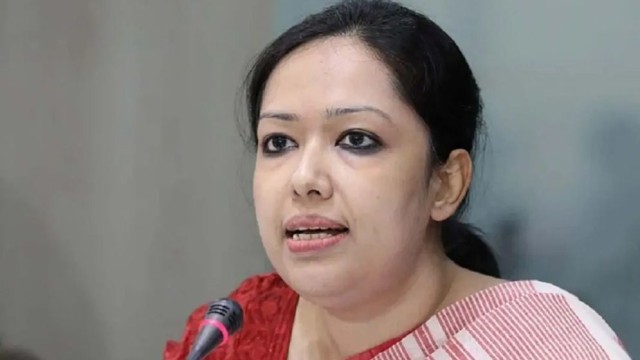













Comment: